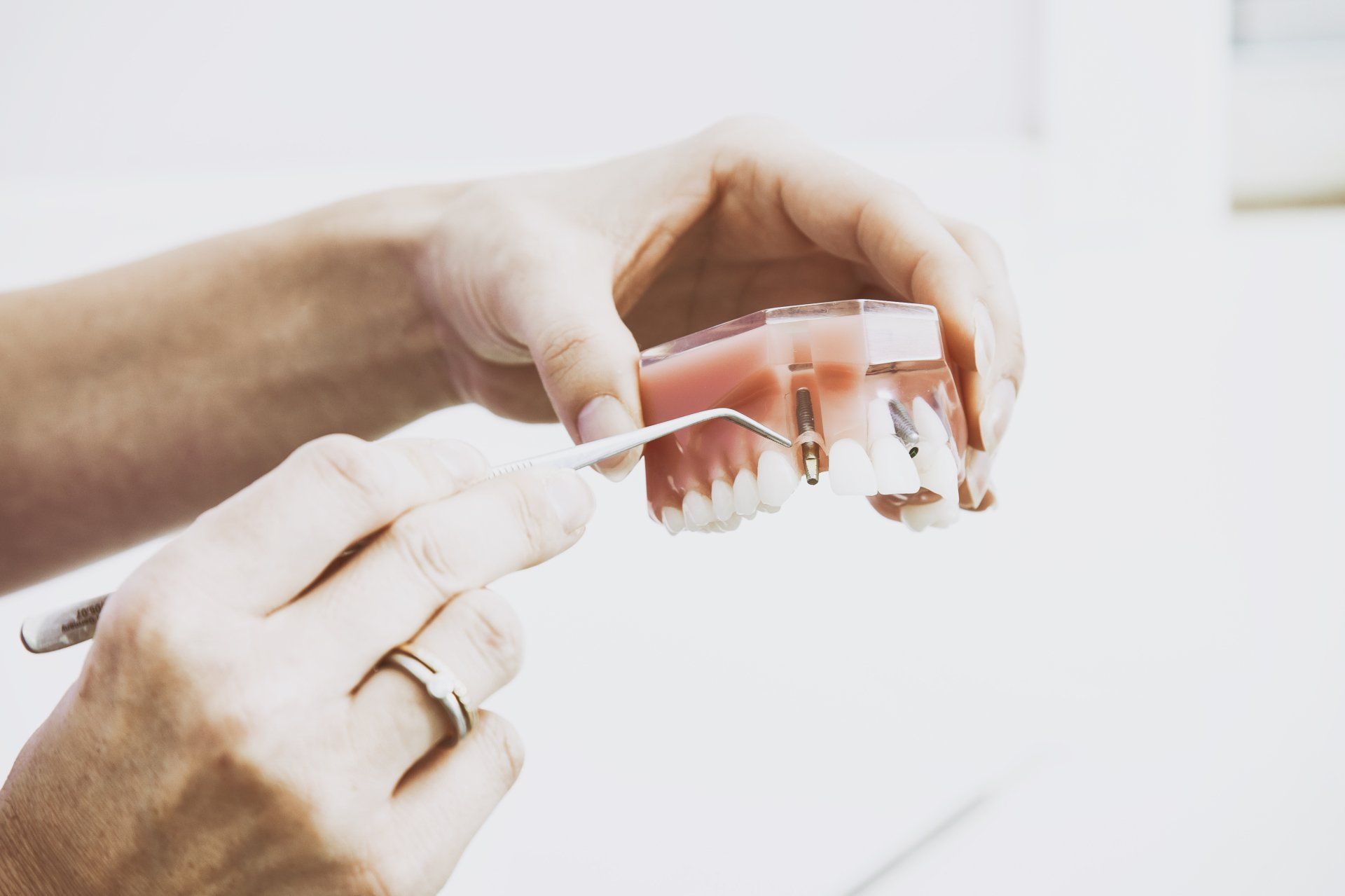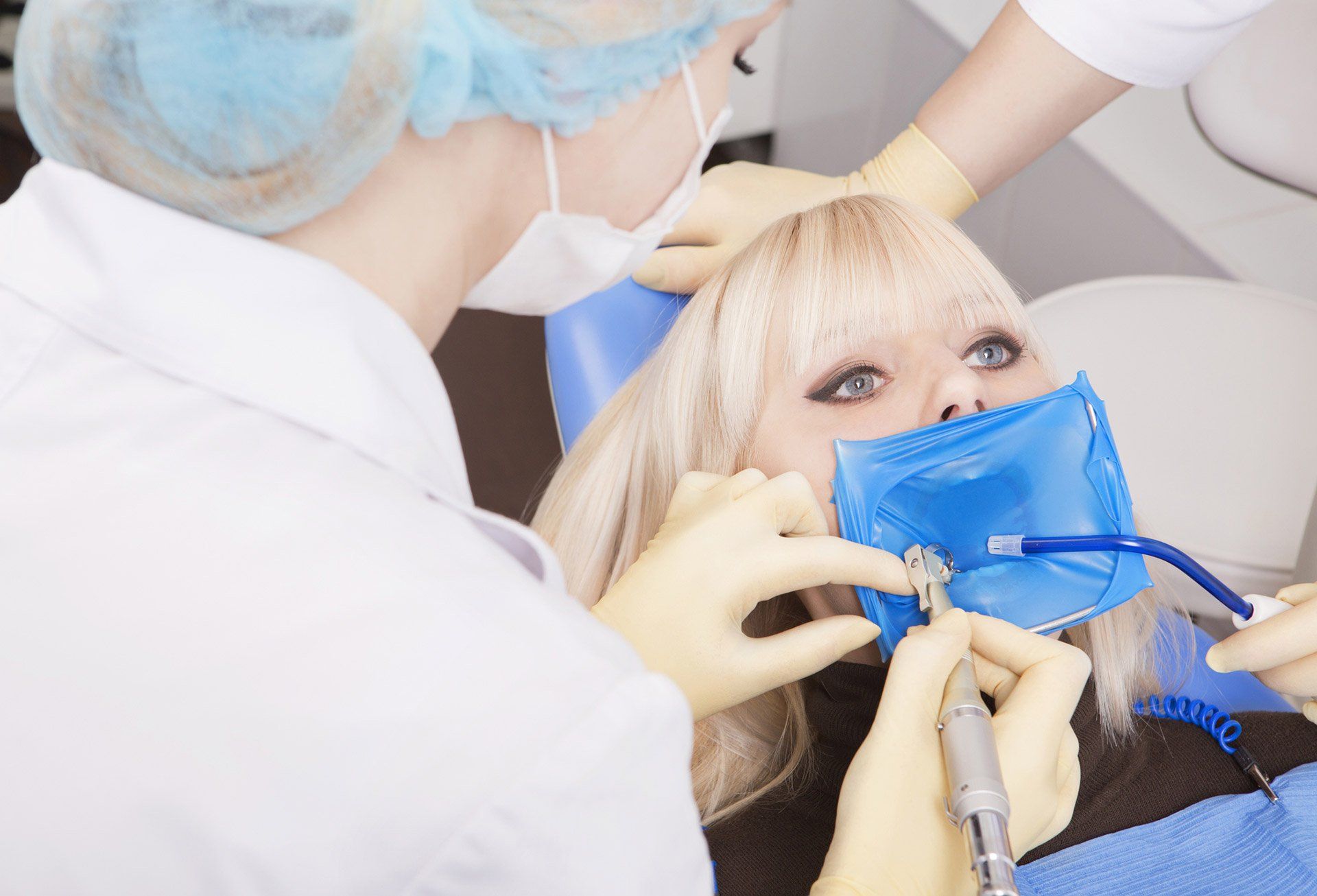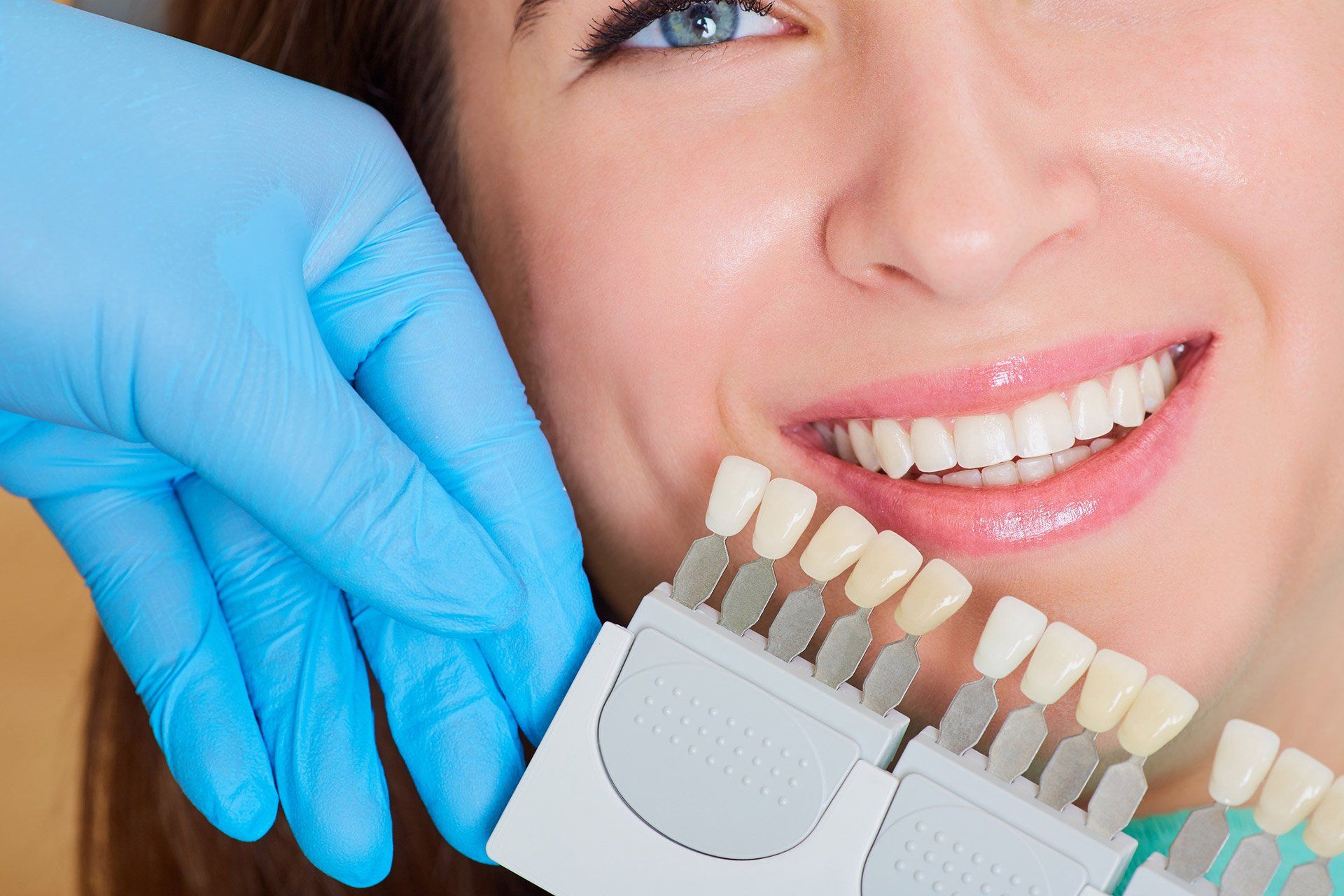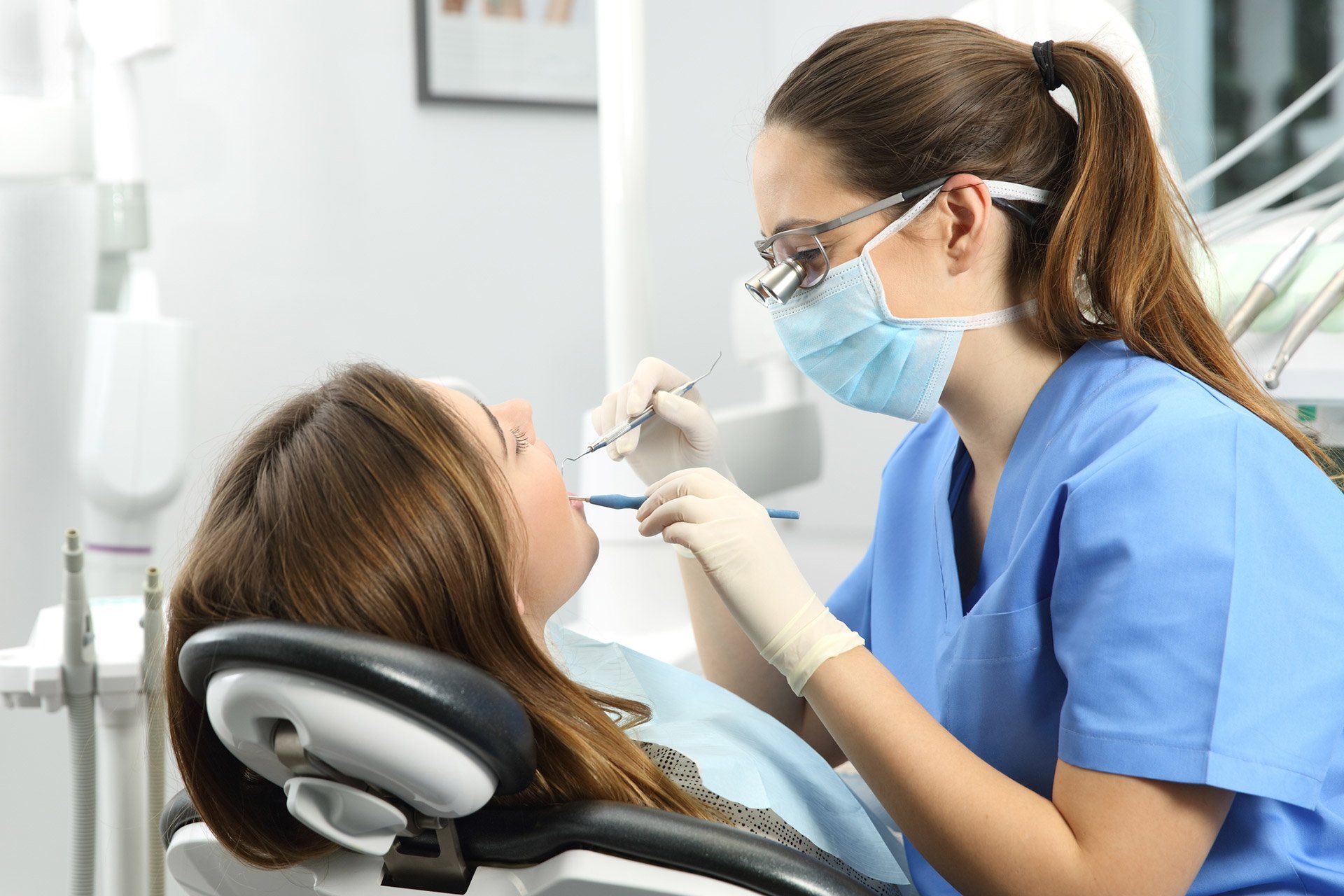What to Expect with a Tooth Extraction
Why are Tooth Extractions Necessary?
You may need a tooth extraction for a variety of reasons. Your family dentist will be able to bring attention to any problems that will lead to tooth extractions and advise you on the best course of action. Reasons you may need a tooth extracted include:
- Damaged Tooth- Whether you have suffered an injury to your mouth, have repeating tooth decay, or your tooth is beyond repair, it might be best to get your tooth extracted and replace it with a dental implant.
- Stubborn Baby Tooth- Your child's baby teeth will fall out on their own, but sometimes there is a stubborn tooth that does not want to fall out. This will need to be extracted so the permanent tooth can pop through.
- Impacted Wisdom Tooth- Your dentist will keep an eye on your wisdom teeth to make sure they are growing in such a way as to not disrupt your smile. Sometimes people do not have enough space in their mouth and these teeth will need to be extracted before they cause problems.
- Overcrowded Mouth- Sometimes patients need extractions when there is not enough room in their mouth. This is common in patients who need braces, and the orthodontist needs extra room for the teeth to align.
What is Involved?
The extraction process is not very complicated. First, a dentist will take X-rays of your teeth to determine the position of the tooth's roots and the condition of the bone. Your medical history will be assessed to determine if you are healthy enough for the procedure. Sedation dentistry can be used to make you feel more relaxed and calmer during the procedure. There are two types of tooth extraction procedures the dentist may take including:
- Simple Extraction- This is completed when there is a simple extraction. A local anesthetic will be used to numb the area around your tooth, so you do not feel any pain during the procedure. An instrument, known as an elevator, is used to loosen the tooth, and then forceps are used to remove the tooth.
- Surgical Extraction- If the teeth are impacted, you will most likely need a surgical extraction. With this procedure, patients are given local anesthesia and intravenous anesthesia to make them calm and relaxed. A small incision will be made in the gums and the tooth is gently rocked back and forth to loosen it from the jawbone using forceps. In some cases, bone tissue covering the tooth may need to be removed before the tooth can be extracted.
How to Care for Your Mouth After Tooth Extractions
After a tooth extraction procedure, you may be given antibiotics to make sure infections don't occur. You may want to take some ibuprofen or other anti-inflammatory medication to ease any discomfort you may be feeling. Ice packs can be placed on your jaw/cheek to bring down inflammation. You should only eat soft foods until the area is healed and make sure to brush the area carefully. Avoid sucking through a straw, as well as smoking, to prevent dry sockets.
Contact Us
At Glenville Smiles, serving the Schenectady, NY area, our team of highly skilled and experienced professionals will advise you if a tooth extraction is the best procedure for your dental health. Contact our office today for more information or to schedule an appointment.












